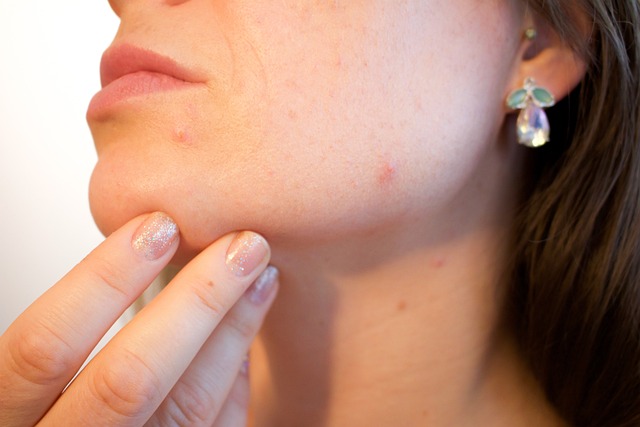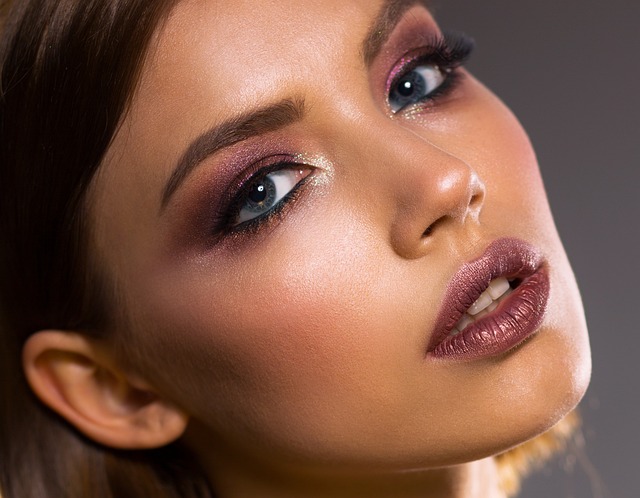Bubble has been causing a stir in the cosmetics sector with its vibrant packaging and reasonably priced skincare products. Bubble has a lot of people questioning whether their products are dermatologist-approved because of their emphasis on clean ingredients and mild formulae. Here we’ll examine Bubble’s formulas scientifically and see if they live up to the expectations of skincare experts.
Bubble’s Ingredient Philosophy
It is a point of pride for Bubble that their goods are made with clean, non-toxic materials. The company stays away from chemicals that have been associated to health problems, such as parabens, sulfates, and phthalates. Bubble prefers to use organic, naturally occurring components such as green tea, vitamin E, and aloe vera.
Although avoiding specific additives is a smart place to start, remember that natural doesn’t necessarily imply superior. Unfortunately, some people are still sensitive to or allergic to natural elements. The total effectiveness and safety of a product are also greatly affected by the concentration and combination of its constituents.
Dermatologist Approval: What Does It Mean?
There is no universally accepted definition of the word “dermatologist approval,” despite its frequent use in the skincare market. Experts in skin care, dermatologists can diagnose and treat a wide range of skin disorders. Their understanding of skin biology, components, and formulations is vast.
The term “dermatologist approved” usually denotes that a dermatologist has checked the product’s ingredients and determined that they are skin-safe. This, however, does not guarantee that the product is effective or that it has undergone rigorous testing.
Bubble’s Dermatologist Involvement
Even while Bubble says its products have been dermatologist-tested, it isn’t clear whose dermatologists or dermatology boards have given their stamp of approval. Though the brand claims that its formulations are “developed with dermatologists,” neither the names nor the extent to which these experts were involved are disclosed on the internet.
A product’s safety and efficacy for different skin types cannot be assured just because a dermatologist has been involved with its development. Because every person’s skin is unique and complicated, there is no universally applicable skin care routine.
Clinical Testing and User Feedback
While Bubble’s website is lacking on specifics regarding scientific trials, it does feature testimonials and feedback from customers. Customers who have used Bubble products have raved about how they have improved their skin’s texture, clarity, and moisture.
Take user reviews with a grain of salt, though, because they are subjective and affected by things like skin type, expectations, and the placebo effect, among other things. In contrast, clinical trials use a larger sample size, are regulated, and use objective metrics to evaluate the efficacy and safety of the product.
Conclusion
Finally, although Bubble says it has been dermatologist tested, there is no proof of dermatologist approval or substantial clinical testing. But, according to customer reviews and the brand’s emphasis on using only natural chemicals, Bubble products could be a good choice for some people.
It is standard practice to do a skin test before using a new skincare product, and to stop using the product altogether if a reaction is severe. Always seek the counsel of a competent dermatologist if you have certain skin concerns or are uncertain about the appropriateness of a product.



Pingback: Moisturizer Sandwich Method: The Dermatologist-Approved Technique for Maximum Hydration - Wellness Readers Digest
Pingback: Korean Collagen Face Masks: Do They Work for Aging Skin? - Wellness Readers Digest